Dans le cadre du projet franco-allemand "Environnement et santé en Union soviétique et dans les États successeurs. Monde toxique et corps écologique, 1945–2000" (ANR-DFG), l’Institut d’histoire d’Europe de l’Est de l’université de Tübingen recrute un.e doctorant.e pour travailler sur le cancer en URSS.
En fonction de la situation familiale, le salaire représente au moins 1500€ par mois pour trois ans. Des financements pour les recherches de terrains, pour la participations à des congrès et conférences, et pour la traduction et la publication sont assurés.
La connaissance de l’allemand n’est pas requise, les langues de travail étant l’anglais et le russe.
Les dossiers sont à remettre pour le 17 janvier 2021.
PhD position in Soviet History (m/f/d ; E13 TV-L, 65%), on Environmentand Health in the Soviet Union and its Successor States, 1945–2000
Institute for Eastern European History and Area Studies, University of Tübingen
Application deadline : January 17, 2021.
The Institute for Eastern European History is looking for a highly skilled and motivated Phd student to join our French-German Project “The Ecological Body in a Toxic World. Environment and Health in the Soviet Union and Its Successor States, 1945–2000” :
Phd position in Soviet History (m/f/d ; E13 TV-L, 65% - 36 months— depending on marital status and tax situation, the net salary will be at least 1.500 Euro) is to be filled ideally in March 2021 (with flexibility due to the current epidemiological situation). The position is funded for 3 years. Funding for travel, research assistants, computers and other expenses is also available.
The research project financed by the Agence nationale de la recherche (ANR) and the Deutsche Forschungsgemeinschaft (DFG) is directed by Prof. Dr. Klaus Gestwa (Tübingen) and Dr. Marc Elie (Paris).
Responsibilities include
• Completing a dissertation on the history of cancer in late and post-Soviet history.
• Participating in the French-German research project, writing reports and papers, and presenting at scientific conferences.
• Organizing workshops, lecture series and a small digital exhibition.
Requirements
• An excellent Master degree in history, ethnology, cultural or social sciences.
• Strong familiarity with Soviet History and Environmental History or History of Medicine and Science.
• Willingness to conduct intensive research in Russian archives and libraries (including oral history).
• Commitment to actively participate in an international team.
• Strong command of English and Russian (these are the two working languages) ; knowledge of German and/or French is not required, but can be a plus.
Tübingen for research and life
Tübingen is a scenic university town on the Neckar river in South-Western Germany with an exceptionally high quality of life and a welcoming, diverse and inclusive atmosphere. In Tübingen, you will find a young international environment where most locals speak English. The Institute for Eastern European History and Area Studies offers an intellectually stimulating
atmosphere and is located close to the old town center. Thanks to the University, the Institute is well equipped with offices, computers, research assistants and an own rich library.
Who we are
In 2014-2018 the French-German research team has conducted intense work on the interplay of ecological globalization and regional dynamics in late and post-Soviet time. From 2021 on we willresume our research program by focusing on the history of environmental and health in the Soviet Union. We will investigate how political decisions and economic processes created toxic relationships between humans and nature, how individual and collective actors experienced exposure to toxins and sickness and how they turned their dismay into social action. Our overarching
research goal is to determine the historical place of the Soviet Union and its successor states within the newly emerging field of research “envirohealth” and to consider how an “East Side Story” gives access to processes, phenomena and problems that fall through the analytical grid created for Western societies. The French-German research team is characterized by a remarkable publication activity, excellent international contacts and great experience in archival work.
Your application
The job advertisement is aimed both at German-speaking and international candidates who are confident that they can conduct independent research on the topic and are willing to move to Tübingen. Please send your application as a single pdf document in English (cover letter, academic CV, copies of degrees, two writing samples and contact information for at least two references) electronically to
Prof. Dr. Klaus Gestwa
Eberhard Karls Universität Tübingen
Institut für Osteuropäische Geschichte und Landeskunde
Wilhelmstr. 36
72074 Tübingen
Email : osteuropa@uni-tuebingen.de
Applications arriving before January 17, 2021 will receive full consideration.
The University of Tübingen seeks to raise the number of women in research and teaching and therefore urges qualified women to apply. Equally qualified applicants with disabilities will be given preference. The employment will be carried out by the central administration of the University of Tübingen.
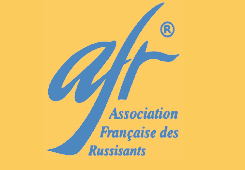
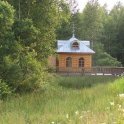
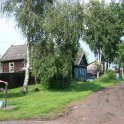

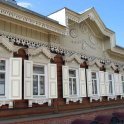

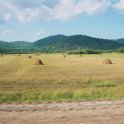
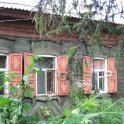
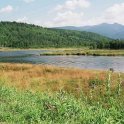

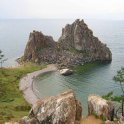
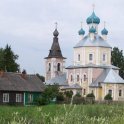
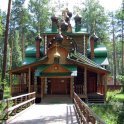
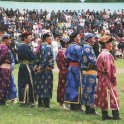


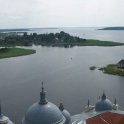
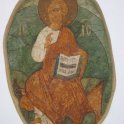

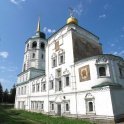
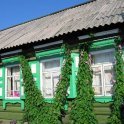
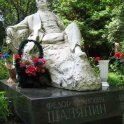
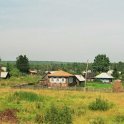
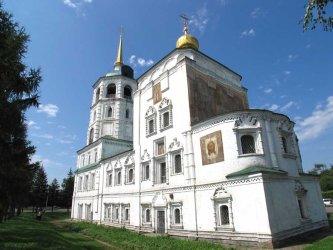
 Sommaire
Sommaire